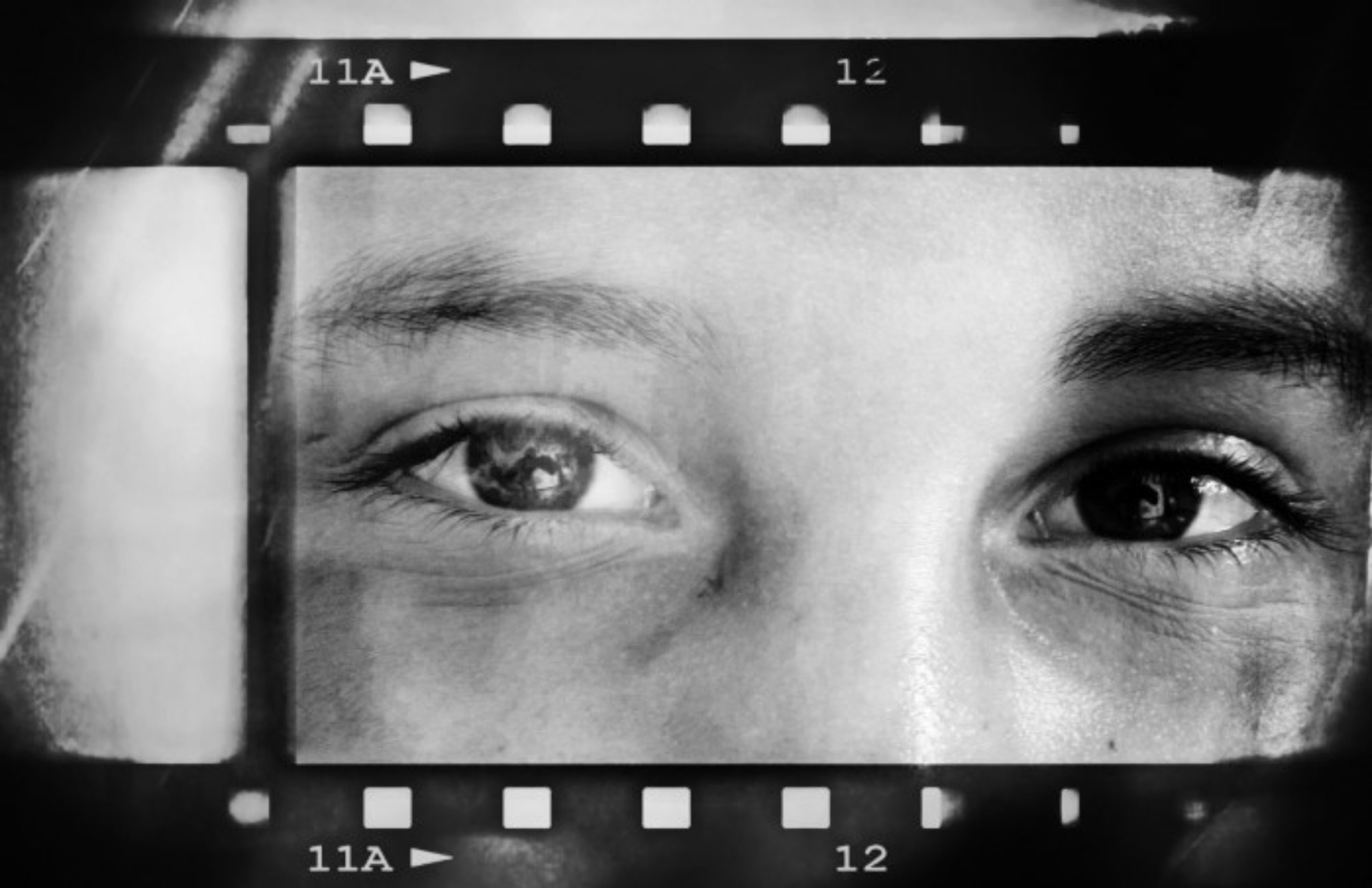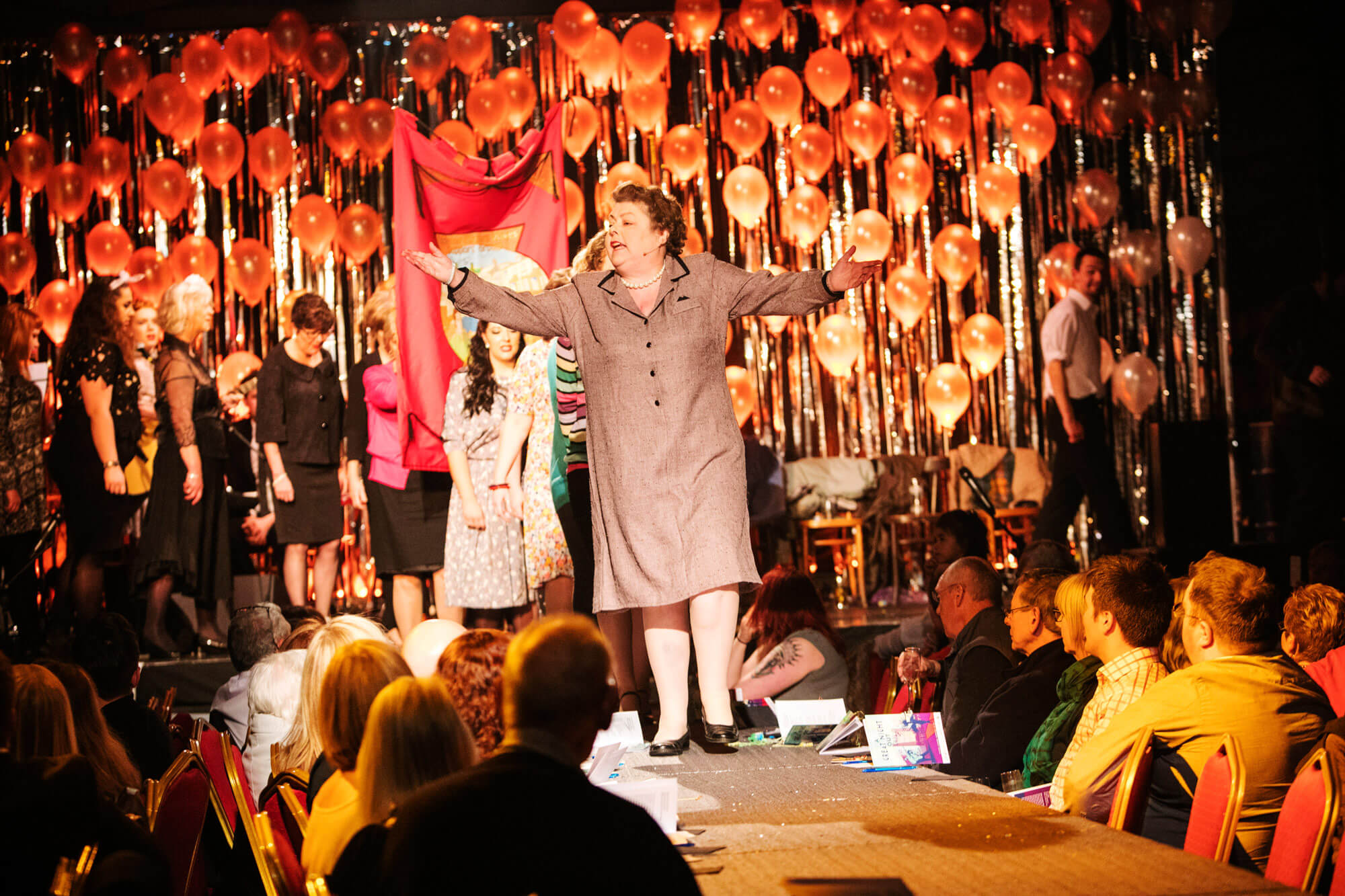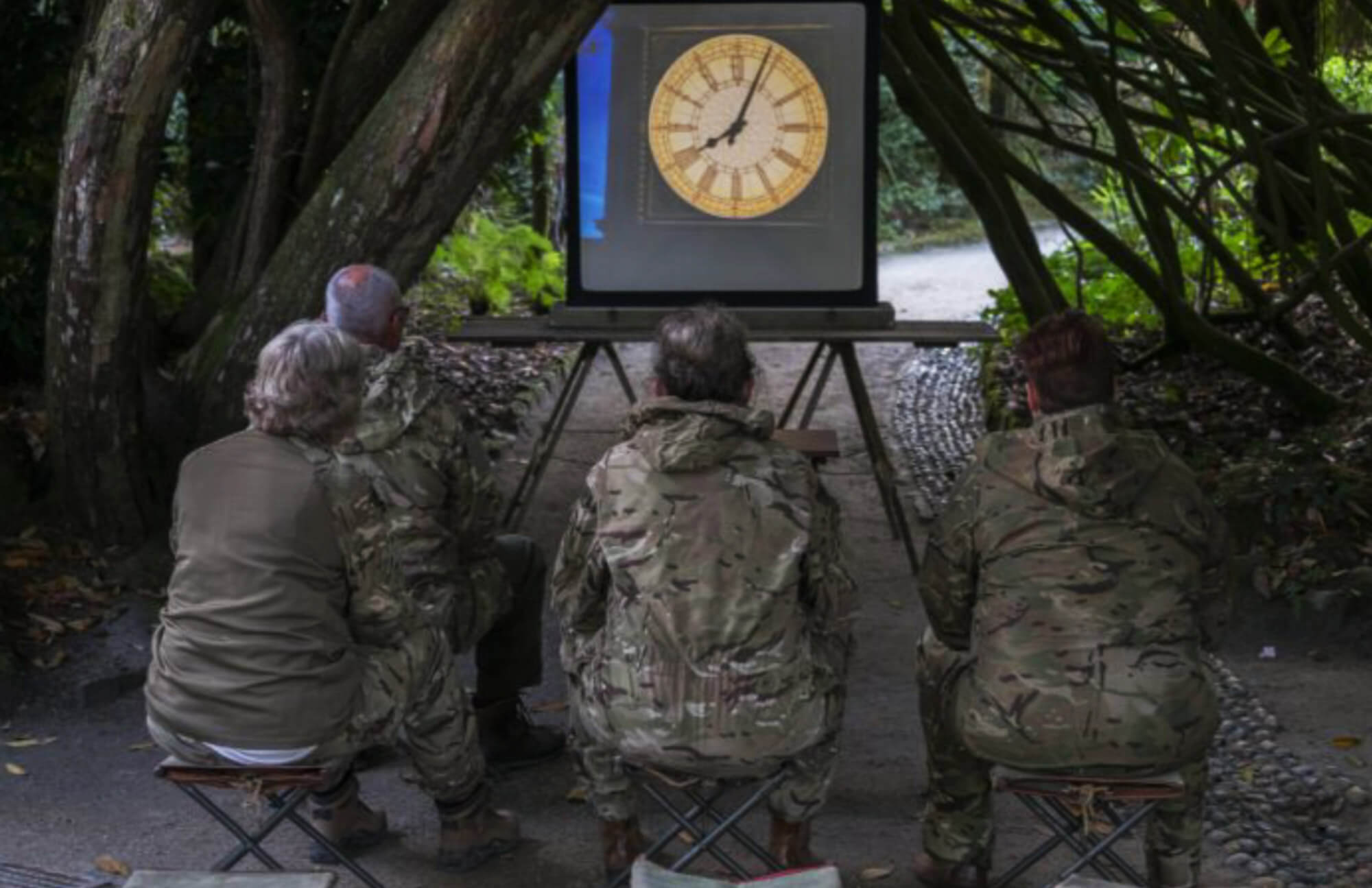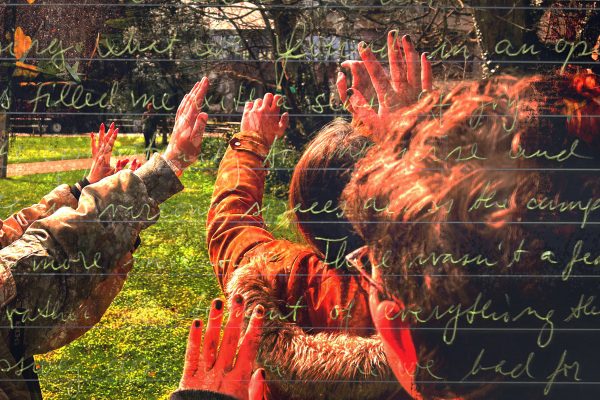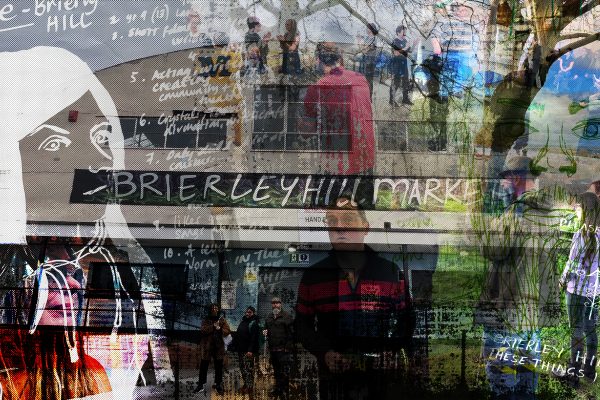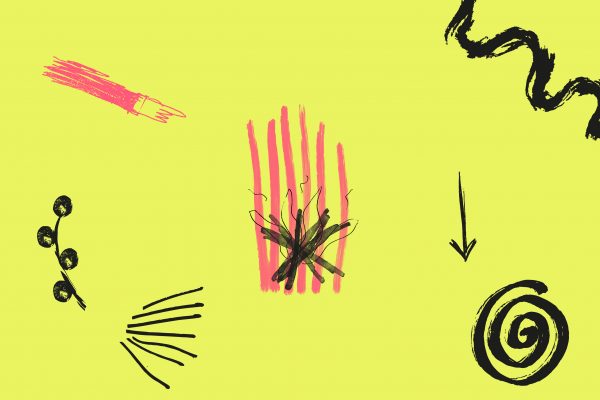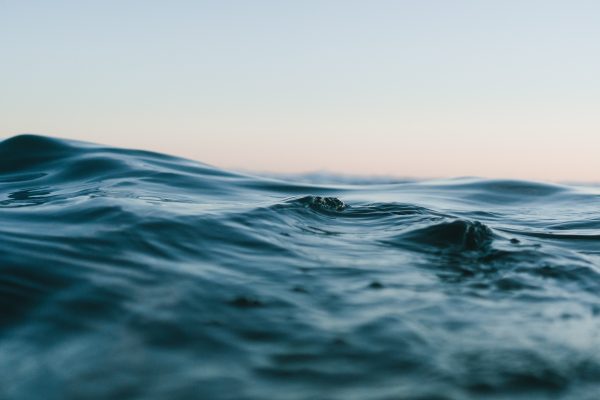…Human?
The WildWorks way is always to affirm humanity. We believe in the power of story to remind us of who we are, what we value, how we make meaning in an apparently chaotic world.
The spaces where we make work are often places experiencing change or transition; places that have a past, and will maybe have a future; but in the meantime people are poised between memory and hope. That is what we are there for, like a catalyst, so that guiding us through their homelands, the people view their environment differently; a place transformed through the eyes of the stranger. Many places where we work are the subject of change. They are now spaces of otherness where communities might converse, argue, consider metaphysical questions, mourn, celebrate…
These conversations are at the heart of our story telling.
Sometimes our stories come directly out of what people tell us. Other times we bring ancient myths, old archetypal tales where people may place their own emotions so that the myths become stories of the now, both epic and intensely everyday.
I think it all starts with curiosity. You arrive at a new place. You explore. You look. You ask questions. You listen. Above all, you listen. You are an innocent abroad.
There are so many stories….
